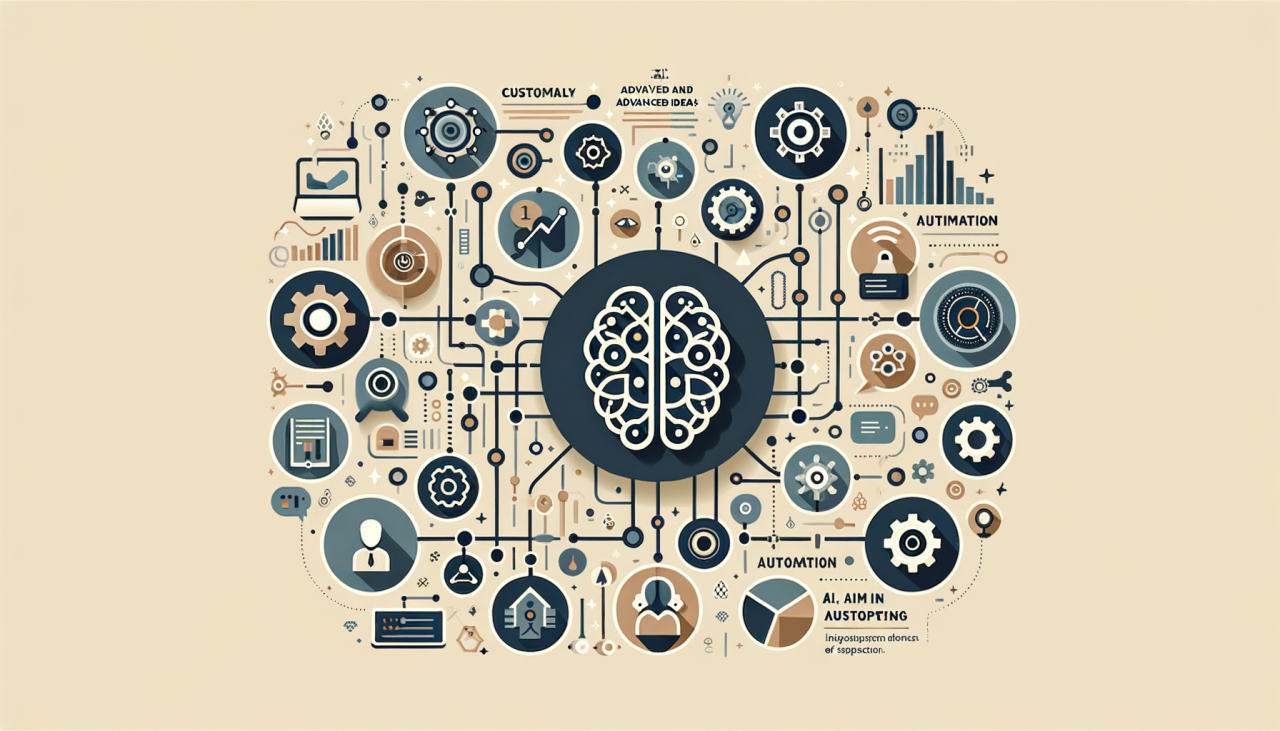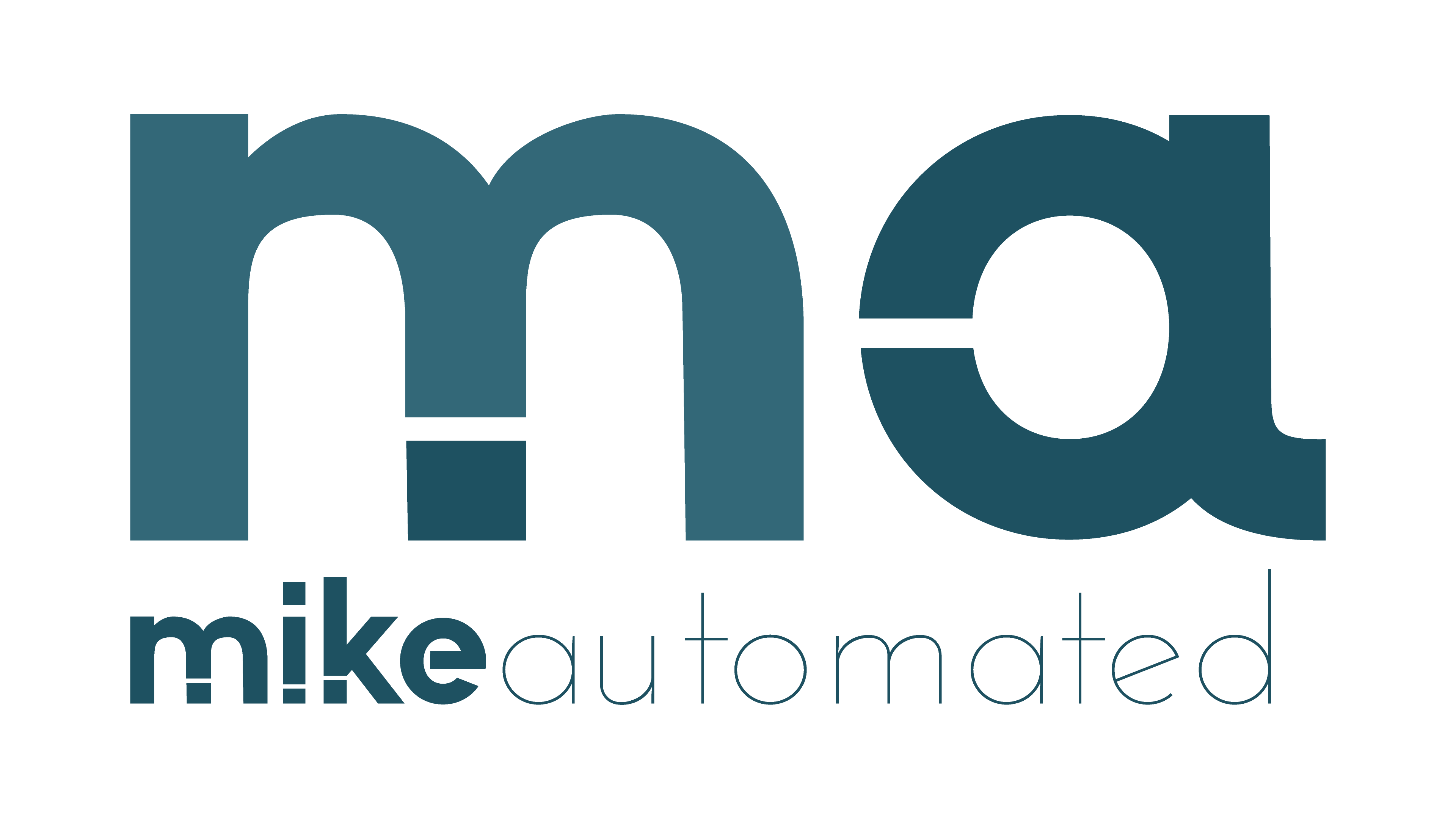TL;DR:
- AI chatbots are transforming customer service by providing instant, automated responses to common queries.
- Balancing human agents and AI ensures a seamless, personalized customer experience for complex issues.
- Key benefits of AI in customer support include 24/7 availability, cost savings, and improved response times.
- Integrating AI with human support requires clear role delineation and ongoing optimization.
- Personalization and continuous learning are critical for maintaining customer satisfaction.
Introduction:
Customer support is undergoing a revolution. With the rise of artificial intelligence (AI) chatbots and automated systems, businesses now provide faster, more efficient service. However, the key to lasting success lies in balancing these technological advancements with human expertise. This combination ensures superior service, addressing both routine queries and complex challenges effectively. In this article, we’ll explore how AI enhances customer support, the limitations it faces, and how businesses can ensure the perfect blend of AI and human interaction.
What Is AI in Customer Support?
AI in customer support involves using artificial intelligence tools, such as chatbots and virtual assistants, to handle customer inquiries. These tools use natural language processing (NLP) to understand and respond to user queries. They can provide instant answers, offer product recommendations, and even process transactions. AI excels at handling repetitive tasks, allowing human agents to focus on more intricate issues.
Core Functions of AI in Customer Support:
- Automating routine queries: AI chatbots can instantly answer frequently asked questions about billing, shipping, or account issues.
- Predictive support: AI analyzes historical data to anticipate customer needs or problems.
- Multichannel interactions: AI systems can handle queries across platforms like email, live chat, and social media simultaneously.
- Data collection and analysis: AI captures and analyzes customer behavior data to ensure better personalization.
Why Businesses Are Choosing AI for Customer Support
AI technology offers numerous benefits that help businesses optimize their customer service strategies. Here are the key reasons companies are integrating AI into their support frameworks:
1. Cost Savings and Efficiency
AI chatbots can handle thousands of conversations simultaneously, reducing the need for large call center teams and cutting operational costs. By automating repetitive tasks, businesses free up human agents to resolve more complex issues, leading to increased overall efficiency.
2. 24/7 Availability
Unlike human agents, AI systems provide constant availability. This ensures that customers receive immediate support no matter the time zone, improving customer satisfaction and retention.
3. Speed and Scalability
AI can deliver almost instantaneous responses to routine questions, reducing wait times and ensuring faster resolutions. Additionally, AI systems are highly scalable, effortlessly managing increased query volumes during peak seasons.
4. Personalization
With data-driven insights, AI tools create personalized customer interactions. From tailored product suggestions to individualized troubleshooting steps, AI enhances user experiences by addressing specific needs.
Challenges of AI in Customer Support
Despite its advantages, AI is not without limitations. Recognizing these challenges is crucial for businesses aiming to implement effective AI solutions.
1. Limited Understanding of Complex Issues
While AI is excellent at handling straightforward queries, it often struggles with nuanced or emotionally sensitive scenarios. For instance, an upset customer may require a human touch to navigate the situation effectively.
2. Risk of Frustrating Customers
Customers can become frustrated if chatbots fail to understand a query or provide inaccurate solutions. Ensuring seamless transitions to human agents minimizes these frustrations.
3. High Implementation Costs
Full-scale AI integration can involve significant initial investments in software, training, and infrastructure. Small businesses, in particular, might struggle to justify these expenses without clear long-term ROI.
4. Data Privacy and Security Concerns
AI tools collect and process large amounts of customer data, raising concerns about data protection and compliance with privacy regulations like GDPR and CCPA.
Striking a Balance: AI and Human Collaboration
A rigid reliance on either AI or human agents may not produce optimal results; instead, businesses benefit from combining the strengths of both. Here’s how to strike the perfect balance:
1. Define AI and Human Roles
Clearly outline which tasks are best handled by AI (e.g., FAQs, order tracking) and which require human intervention (e.g., disputes, technical issues).
2. Seamless Handoffs
Ensure that AI systems can quickly escalate conversations to human agents when necessary. For example, chatbots should transfer detailed context so customers don’t have to repeat themselves.
3. Ongoing Training and Optimization
AI systems need regular updates and training to improve accuracy and effectiveness. Simultaneously, human agents should receive coaching on working alongside AI tools to streamline processes.
4. Prioritize Customer Feedback
Continuously collect customer feedback on AI performance and use it to resolve pain points and refine systems.
Practical Example: AI and Human Collaboration in Action
An e-commerce company faced complaints about delays in support response times during high sales periods. By integrating an AI chatbot, they automated responses to common inquiries, such as order status or refund requests. At the same time, human agents focused on troubleshooting shipping errors and resolving escalated issues. As a result, the company reduced average response times by 40% while increasing customer satisfaction scores by 25%.
Future Trends in AI-Powered Customer Support
1. Emotionally Intelligent AI
Emerging tools are being trained to detect customer sentiment through language and tone analysis, enhancing the empathetic quality of automated responses.
2. ChatGPT and Conversational AI
Advanced AI models, like OpenAI’s ChatGPT, are enabling richer, more natural conversations that feel almost human-like in tone and depth.
3. Hyper-Personalization
AI will increasingly leverage machine learning to deliver hyper-customized experiences, impacting everything from product recommendations to loyalty programs.
4. Video and Voice AI
Incorporating video and voice AI into support systems will broaden customer service channels, offering dynamic, interactive solutions.
Conclusion: The Future Is Symbiotic
The evolution of
AI in customer support represents a wave of transformative possibilities for businesses. However, its true potential is unlocked when integrated with human expertise. By combining AI’s efficiency with human empathy, businesses can deliver superior support that meets the nuanced needs of their customers. As tools and technologies advance, the emphasis should remain on creating balanced, accessible, and satisfying customer experiences.
Call-to-Action: Ready to revolutionize your customer support? Start integrating AI and training your agents for a seamless hybrid approach. Your customers—and ROI—will thank you.



